World
Thousands of Families Flee Lebanon, Seek Refuge in Syria Amid Escalating Conflict
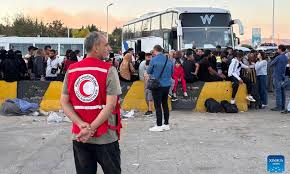
Amid escalating tensions, thousands of Lebanese families are fleeing into Syria in search of safety. Learn more about the humanitarian crisis and the implications for both nations.
Families escaping the intensifying conflict in Lebanon have increasingly crossed into Syria, facing long waits in heavy traffic to reach the relative safety of another war-affected nation.
United Nations officials have estimated that thousands of Lebanese and Syrian families have already undertaken this journey, with numbers anticipated to rise as Israel continues its aerial bombardment of southern and eastern Lebanon.
Local authorities report that over 600 individuals have lost their lives this week due to the strikes. While Israel asserts that its operations are aimed at Hezbollah fighters and their armaments, approximately 25% of the casualties have been women and children.
Beginning Monday, lines of buses and vehicles stretched for several miles from the Syrian border, with some families opting to make the trek on foot.
Upon arrival in Syria, individuals faced additional hours of waiting to be processed by overwhelmed border officials, while relief workers distributed food, water, mattresses, and blankets.
In the border town of Jdeidet Yabous, families were observed sitting despondently by the roadside during a visit from Associated Press journalists.
Some utilized their bags as makeshift seats, awaiting taxis, buses, or relatives to collect them. Many reported spending eight to nine hours in traffic just to enter Syria.
Prior to crossing into Syria, crowds gathered at a government office to be processed by immigration officials. Syrian citizens were also required to exchange $100 for Syrian pounds upon entry, a measure aimed at stabilizing the local currency by increasing the influx of dollars.
The sudden surge in demand led to a shortage of Syrian pounds at the border.
Among those returning were Syrian refugees like Ahmed al-Halabi, who had fled to Lebanon in 2014.
“We went to southern Lebanon and lived and worked there. However, with the onset of this latest conflict in the south, the strikes became too frequent and the destruction overwhelming, prompting us to leave. We barely made it; we have been on the road for three days,” he recounted.
READ ALSO: Israel Puts Troops on High Alert for Potential Entry into Lebanon
Numerous Lebanese families have also been seeking refuge. Hussein al-Abdullah, a resident of Baalbek in the Bekaa Valley, is situated in one of the regions that has faced intense Israeli bombardment.
The movement of people across the border represents a significant shift in circumstances, particularly as Lebanon continues to accommodate over one million Syrian refugees who escaped the conflict in their homeland, which began in 2011.
This conflict was initially sparked by a peaceful anti-government protest that was met with a severe governmental response, leading to a protracted civil war.
Approximately 775,000 Syrians are officially registered with the U.N. Refugee Agency in Lebanon, with many more believed to be unregistered within the country.
For numerous individuals in Lebanon, especially those residing in the eastern Bekaa Valley, Syria has emerged as the most accessible path to safety.
Although the war in Syria persists, active combat has largely ceased in many areas. Lebanese citizens can cross the border without a visa and often travel to Damascus, where the cost of renting an apartment is considerably lower than in Lebanon.
Prior to the recent escalation, some Lebanese had already secured rentals in Syria as a contingency plan in case they needed to escape.
In addition to those fleeing the conflict, many Syrians enter Lebanon for employment or familial reasons and frequently traverse the border.
Nevertheless, many refugees are hesitant to return due to fears of arrest for alleged connections to the opposition against Syrian President Bashar Assad or the risk of being forcibly conscripted into the military. Departing Lebanon could also result in the loss of their refugee status.
Earlier this week, Assad announced an amnesty for offenses committed before September 22, which includes individuals who evaded mandatory military service.
While he has issued similar amnesties in previous years, these measures have largely failed to persuade refugees to return, as have initiatives by Lebanese authorities to facilitate “voluntary return” trips.


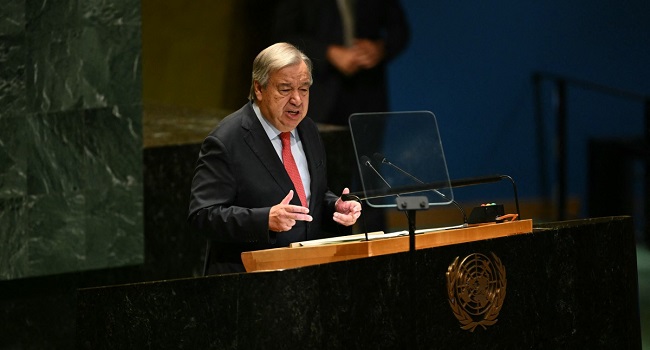
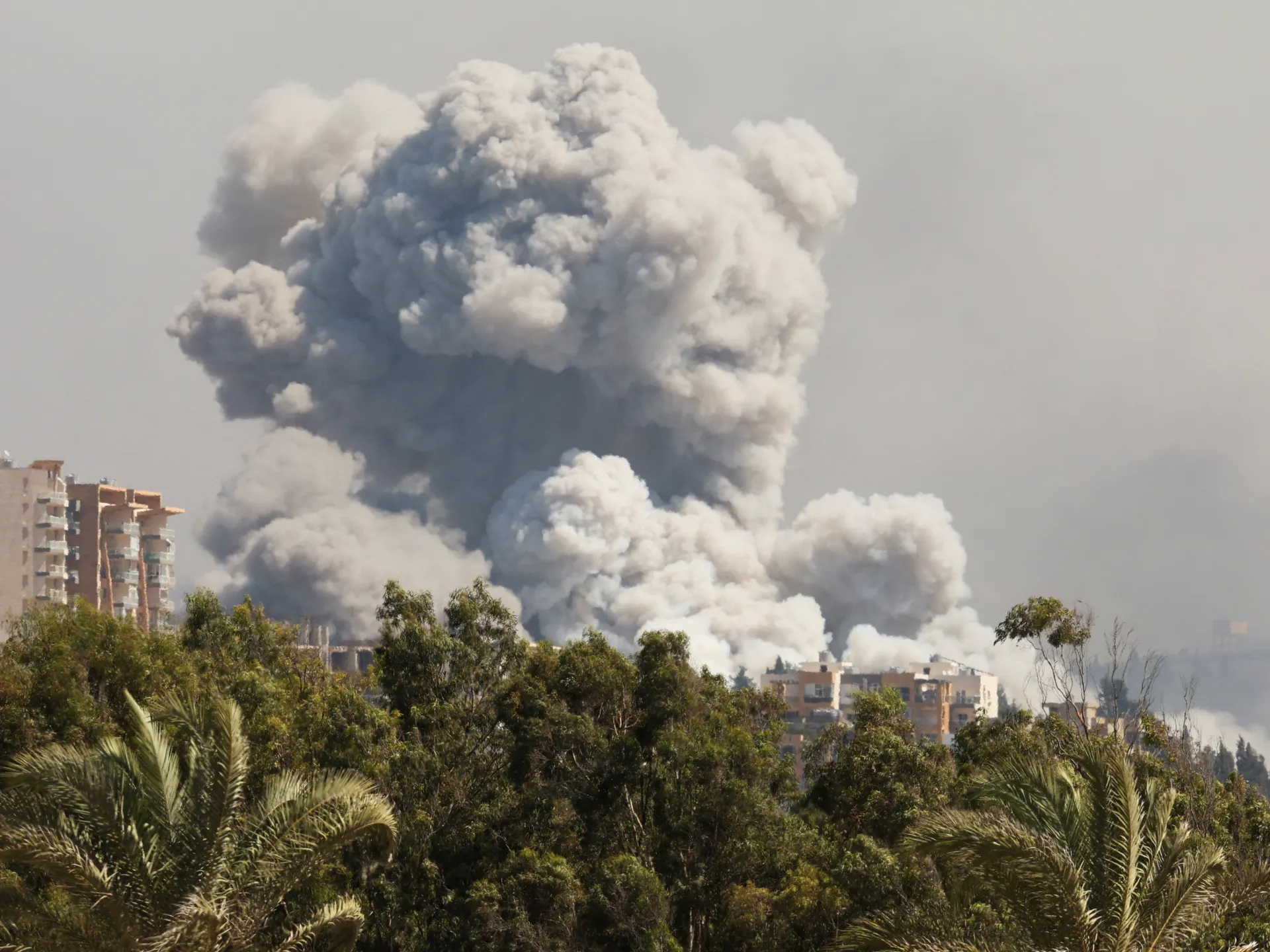
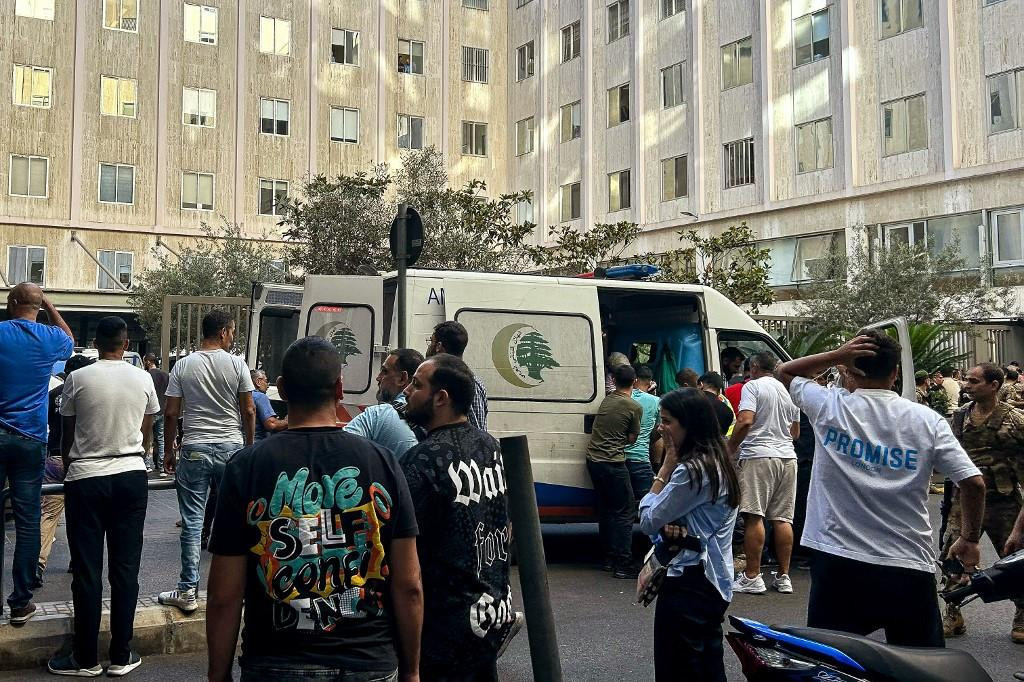







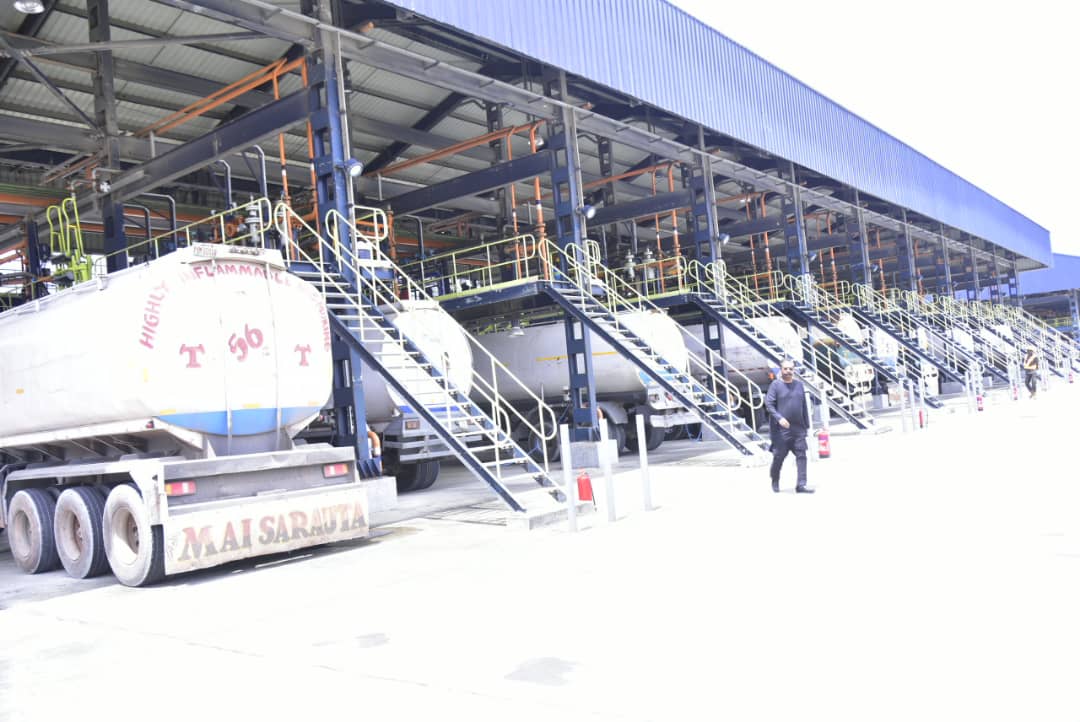






Comments